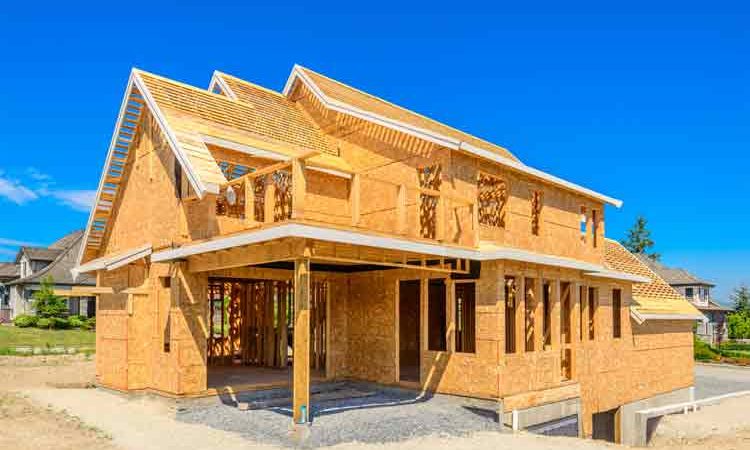Differences Between the Builder and the Homeowner – Who Does What?
In the drama of building a new home, the builder and homeowner play starring roles.
What does the builder expect of the homeowner and what does the homeowner expect of the builder? When defining expectations at the outset, the construction process will be easier to manage. Here are some examples.
The Homeowner’s Role

To understand the contract and the final construction plans
The homeowner is responsible to learn all terminology in the contract. Allow time to engage outside experts to read the contract
The final construction plans are part of the contract; therefore, the homeowner is responsible for confirming every architect’s or designer’s marking.
To make selections in a timely manner
Selections will begin early with roof style and windows. Each phase of construction will not proceed until the previous phase is complete. Indecision delays construction.
To develop and track the budget
Homeowners increase the purchase price by initiating change orders and by upgrading contractual level of selections. It is the homeowner’s job to track all change orders to compare to the builder’s tracking system.
The homeowner has the obligation to inspect work completed against the construction plans. Hiring a professional inspector is a good alternative.
To ask questions
When there is an issue or need for clarification, contact the builder directly. It is the homeowner’s job to communicate concerns as they arise.
To secure financial arrangements
It is the homeowner’s responsibility to pay the original purchase price with changes plus all buyer costs at closing.
The Builder’s Role

To explain all elements of the construction contract
Allowances, trim, specifications, change orders, substantially completed are all examples of terminology with very specific meaning in the contract. The homeowner is unlikely to understand them or their consequences.
To build the home in accordance with ethical and legal standards
The builder should supervise and construct the home according to state and local construction laws and professional guidelines. The builder must adhere to specifications as defined in contract.
To keep accurate and honest financial records
The builder should document and communicate changes, credits or up-charges on all phases of the project to the homeowner. Strive for transparency.
To insist on quality control
The builder should use professional experts to review and approve all work including the engineering of the foundation, framing, roofing, HVAC, and electrical. The builder oversees corrections as required.
To communicate with homeowners
The satisfaction of the homeowner is directly tied to the builder’s skill and sincerity in establishing good communication. Good communication skills include good listening skills. It is the builder’s responsibility to be accessible and responsive to the homeowner.
Once expectations are clear, both the homeowner and builder can enjoy a mutually beneficial relationship throughout the homebuilding process.





